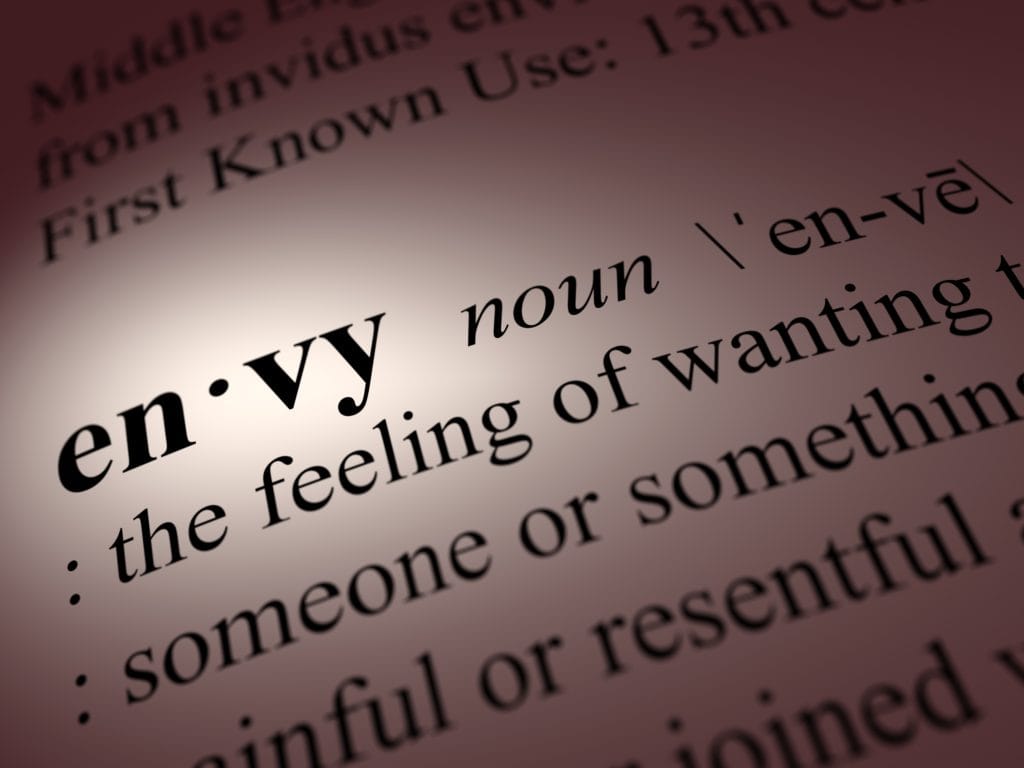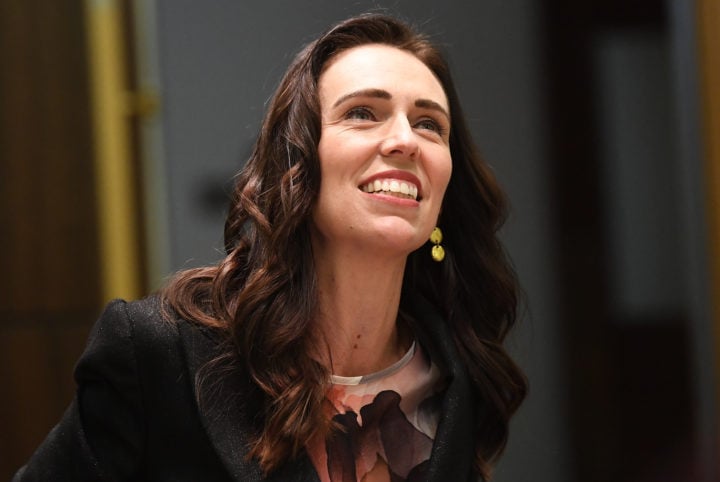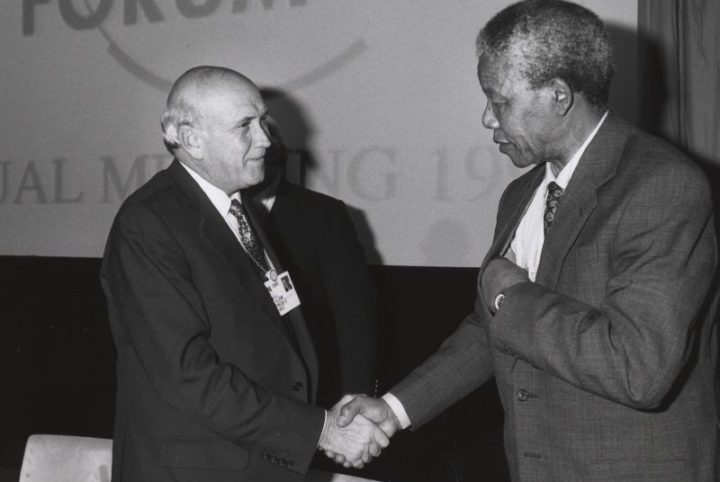
Photo: iStock
A good working relationship with your manager can be beneficial as it may lead to additional resources and support at work. Your talents, ability and performance are more likely to be recognised and you may have more influence over decision making in your team.
But what happens when the rest of your team are feeling envious of your relationship with the manager? You could end up becoming a target for resentment, backstabbing and (unjust) criticism from your co-workers.
In order to tackle this potential problem in organisations, recent research by Associate Professor Herman Tse and his colleagues Examining the interpersonal consequences of leader-member exchange social comparison shows that organisations need to focus on building and promoting a strong culture of fairness among their teams.
Upward v downward comparison
According to social psychologists Bram Buunk and Thomas Mussweile (2001), people have a strong tendency to work out their relative status by comparing themselves to others in terms of attributes, abilities and performance.
We compare ourselves to people who are perceived to be doing better; which is known as upward comparison, as well as to people we consider worse off than us – that is, downward comparison.
It is not hard to imagine why and how people engage in upward comparisons at work.
In the upward comparison process, people focus on aspects in their “target” (the person they are comparing themselves to) they consider themselves to be lacking. This can result in a negative self-image that can provoke intense negative emotions, such as envy, resentment or anger. That may then lead to negative behaviour, such as harming or retaliation.
In downward comparison, on the other hand, people tend to focus on aspects in which they consider themselves better. This elicits positive emotions, such as pride, contentment and excitement. In addition, it may lead to positive behaviour, such as helping or giving.
Comparisons in the workplace
In the workplace, people tend to engage more in upward comparison when it comes to ability and performance. A reason for this is the fact that the target co-workers experience a higher status and have a positive image, attracting more favourable attention from the rest of the team.
Negative emotions in a work environment, such as envy and anger, can be mitigated by creating an understanding among employees that their organisation cares for them and treats them fairly.
It is not hard to imagine why and how people engage in upward comparisons at work. As we mentioned before, our co-workers who do well and who have a better relationship with the manager, are more likely to receive additional resources and support than those with a lower status.
This makes such co-workers easy targets for upward comparison, which can have negative consequences as their other co-workers with a lower status may direct negative emotions and behaviour their way.
Understanding how to manage this situation is important for organisations. Not only because the targeted employees’ wellbeing and performance can be undermined by their co-workers, but also because the interpersonal working relationships and the overall functioning of the team are likely to be hampered.
So what can organisations do?
Interpersonal comparison processes are indispensable in team contexts. However, as suggested by our recent research findings, organisations can minimise the impact of the negative consequences associated with upward comparison by creating a strong culture of fairness.
Negative emotions in a work environment, such as envy and anger, can be mitigated by creating an understanding among employees that their organisation cares for them and treats them fairly.
When an organisation’s culture is perceived to be built on fairness, employees tend to believe the policies and procedures of decision making are just, transparent, consistent, and reliable. As such, they become less sensitive to a (perceived) violation of their interpersonal expectations.
So, even though the target co-worker may have a better relationship with the manager and their status in relation to the rest of the team is superior, it will not be interpreted by their colleagues as a serious violation of relational expectations.
Team members feel secure and certain that they get what they’re entitled to, and that their rights and welfare are protected. Furthermore, they are more likely to accept the target co-worker’s higher status in the team and better relationship with the manager as justifiable.
As a result, they may even look to their colleague as a role model, wanting to learn from their success, which creates positive and healthy comparisons in the workplace.


